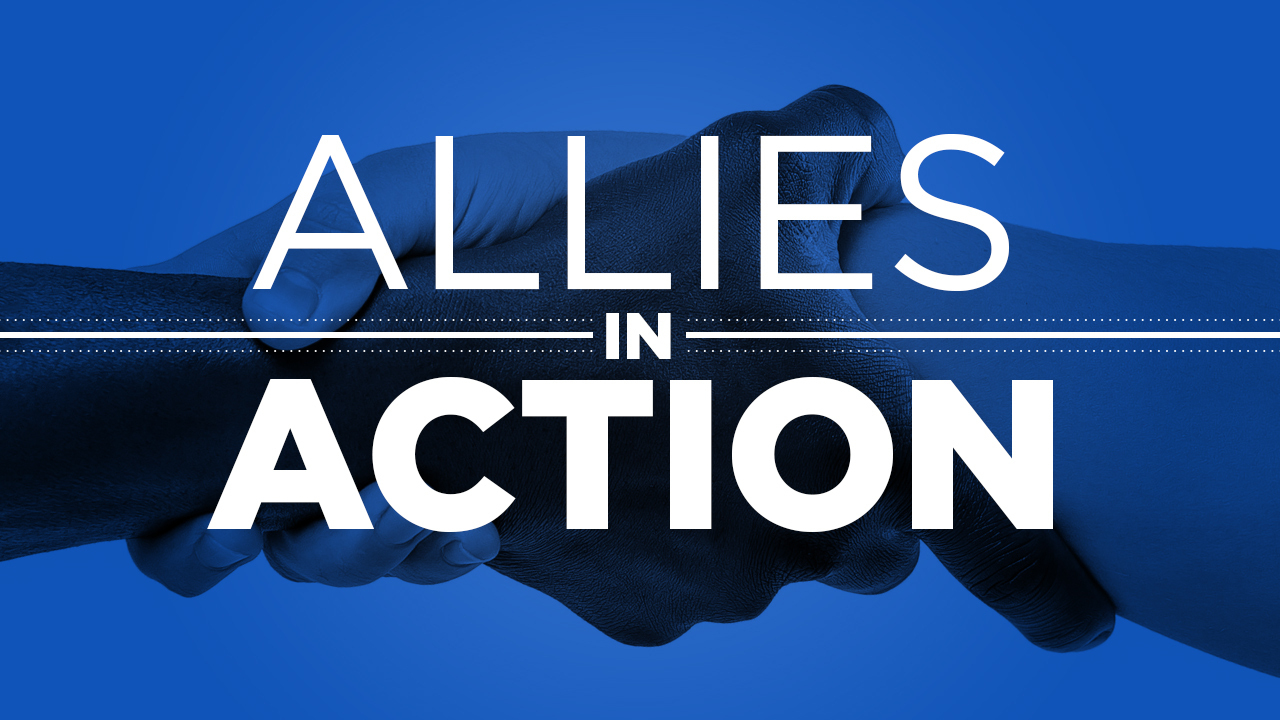Indigequeer advocate serves as a voice for Two-Spirit members in San Francisco
SAN FRANCISCO (KGO) -- Angel Fabian is a council member of the American Indian Culture District (AICD), advocating for his community and connecting them to various resources available in the San Francisco Bay Area.
The American Indian Cultural District (AICD), established on March 31, 2020, is the first of its kind in the United States. Located on unceded Ramaytush Ohlone land in San Francisco's Mission Neighborhood, the AICD preserves and celebrates American Indian/Alaskan Native cultures, histories, and organizations. The area is home to cultural resources, events, services, and gathering spaces central to the American Indian community in the Bay Area.
The AICD works to uplift Native cultures by supporting local businesses, organizations, artists and vendors through initiatives. They also help advocate for equitable resources, funding, and opportunities, all while promoting the visibility of Native people in Yelamu (San Francisco).
The AICD was created under the San Francisco Board of Supervisors' 2018 legislation to preserve unique cultural heritages, combat displacement, and foster community stability. They serve as a symbol of resilience and represent steps closer towards reparations for the land theft and genocide of Indigenous peoples and a foundation for future generations. Its mission clarifies the strength of Indigenous cultures: "We are still here."
Angel explains that the American Indian Cultural District has been able to give a voice within community and identify their needs. "We've been able to ask what is needed-particularly around the arts-and explore how art can serve as a source of healing for the community. Additionally, we've connected numerous organizations affiliated with the cultural district to the abundant resources in this very resourceful city," says Angel.
Angel also serves as the Executive Director of the Bay Area American Indian Two-Spirits (BAAITS) organization, representing and supporting LGBTQ+ and Native American individuals. He explains, "The term 'Two Spirit' was coined in the early 1990s as an umbrella term to describe LGBTQ+ community members who are also indigenous or belong to American-Indian or Alaska Native Communities. Many languages within these communities have words to describe LGBTQ+ identities, and at an international convention, it was agreed that 'Two-Spirit' would be used to acknowledge individuals embodying both masculine and feminine spiritual entities, roles, and responsibilities."
BAAITS, Angel explains, "exists to restore and recover the role of Two Spirit and Indigequeer community members within their indigenous communities and into the sacred circle. We've worked to build upon creating safer communities in the San Francisco Bay Area for American Indian, Alaska Native, and now Indigenous communities throughout the Americas who identify as LGBTQ+, Two Spirit, or indigenous queer. We do this by providing activities or forums for the spiritual, cultural and social well-being of community members."
San Francisco is also home to the first Two-Spirit and Indigequeer mural, located at Clarion Alley in the Mission District. The mural affirms the community's long-standing presence, with the inscription: "Two-Spirit and Indigequeer since time immemorial." Angel highlights its significance: "Our legacy is now visible for everyone to see and enjoy." The mural features imagery that celebrates the Two-Spirit and Indigequeer community and its enduring cultural heritage.
The American Indian Cultural Center and American Indian Cultural District hosted Indigenize SF, an event highlighting community voices and Indigenous art and culture, on Tuesday, November 19, 2024.
April McGill, Executive Director and co-founder of the American Indian Cultural District, explained the event's purpose: "Indigenize SF is about elevating the community and making sure that we have a cultural district that represents us... It's important for the American Indian community, and especially our California Indian people. We are on indigenous land, Ohlone land, and I think it's important for California Indian people like myself to be able to see images that represent our culture and our people."
April also emphasized the role of art within community: "It's important for artists to have a place of belonging and so for tonight, it's really showcasing our artists and making sure that community is giving feedback... I think that as non-Native folks walk through the cultural district and see our art, they can see that we are creating placeholders, that we are creating a place of community, a place of belonging... It creates conversations and reminds them that we're still here, thriving, and contributing to this city."
She added: "I think that it's important for folks to know that our relationship to this land, it goes deeper than just what people see in movies. It's the connectedness to this land, our culture, our youth. We're building leaders in our community and future generations and despite the health disparities we face, we're thriving and so tonight is a celebration because we're celebrating our youth and resilience in San Francisco."
Sharaya Souza, Executive Director of the American Indian Cultural District, highlighted their efforts: "Many people don't realize the public policy advocacy we do, but they can see the crosswalks, banners, and murals. These are moments of visibility that allow us to rewrite our story and share it with everyone in San Francisco."
The Bay Area is home to one of the largest urban Native American communities in the United States, but as Angel points out, challenges remain. "There's a huge need for housing, employment, and resources to address historical traumas impacting our community-especially among Two-Spirit and queer youth, where suicidal ideation is a significant issue. My dream is to see more resources directed toward addressing these challenges while also elevating our sources of strength."
Angel also expressed his appreciation for the inclusive community at AICD and BAAITS: "These spaces don't just serve American Indians in the U.S.; they include First Nations from Canada, Indigenous peoples from Mexico, Central and South America, the Caribbean, and even the Pacific Islands. This inclusivity transcends race, class, gender, and sexual identity, uniting us as a community."
For more information, visit American Indian Cultural District or email general@americanindianculturaldistrict.org
To see more ABC7 Allies in Action, visit here.











